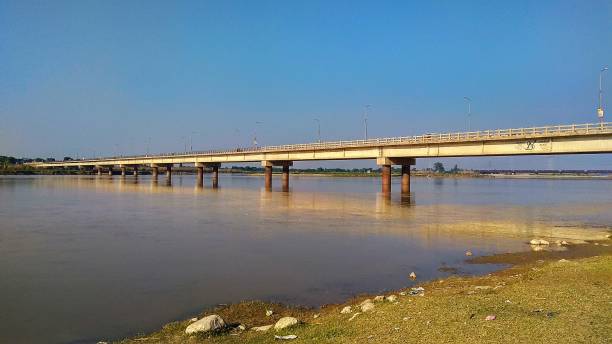On April 26, 2025, India unexpectedly released water into the Jhelum River, which caused a sharp rise in water levels near Muzaffarabad. This action was taken without prior notification to Pakistan, resulting in widespread panic among local residents. Consequently, the local administration declared a water emergency in Hattian Bala, a region along the riverbanks. Residents
On April 26, 2025, India unexpectedly released water into the Jhelum River, which caused a sharp rise in water levels near Muzaffarabad. This action was taken without prior notification to Pakistan, resulting in widespread panic among local residents. Consequently, the local administration declared a water emergency in Hattian Bala, a region along the riverbanks. Residents were warned through mosque announcements about the rising water levels, and the community was urged to take immediate precautions.
The release of water has, understandably, created significant concerns among those living near the river. The unanticipated surge further exacerbates an already tense situation, as the water has moved from Indian-occupied Anantnag and surged through the Chakothi region.
Water Surge from Indian-Occupied Territory
This sudden influx of water has added to the rising tensions between India and Pakistan, particularly regarding the Indus Waters Treaty. Notably, India has recently threatened to suspend the treaty, which has historically been instrumental in managing water distribution between the two nations. The treaty has withstood the strain of three wars and numerous regional crises; however, recent developments have led to doubts over its future.
In light of this, Pakistan’s concerns are now heightened, especially as this unilateral action by India puts further stress on a sensitive and critical resource—water. As a result, the international community is keeping a close watch on the situation, as it could potentially lead to broader regional instability.
Pakistan Responds Firmly
Following the water release, Pakistan’s National Security Committee (NSC) issued a strong condemnation of India’s actions. The committee emphasized the country’s right to take lawful countermeasures under international water laws. In addition, Pakistan warned that further hostile actions could worsen the already delicate relationship between the two countries.
In response, Pakistan has called on international bodies, including the United Nations, to take a more active role in defusing tensions and ensuring that such actions do not escalate further. Although the UN issued a brief statement urging both sides to show restraint, no meaningful actions have been taken so far to address the underlying issues.
Ongoing Monitoring and Concerns
Despite the international call for calm, Pakistani authorities are continuing to monitor river levels and are taking proactive measures to protect vulnerable communities along the riverbanks. Pakistan is determined to minimize damage and safeguard the wellbeing of its citizens in the face of the growing crisis. Moreover, officials remain hopeful that global organizations will take more decisive steps to mediate the situation before it spirals further out of control.



















Leave a Comment
Your email address will not be published. Required fields are marked with *